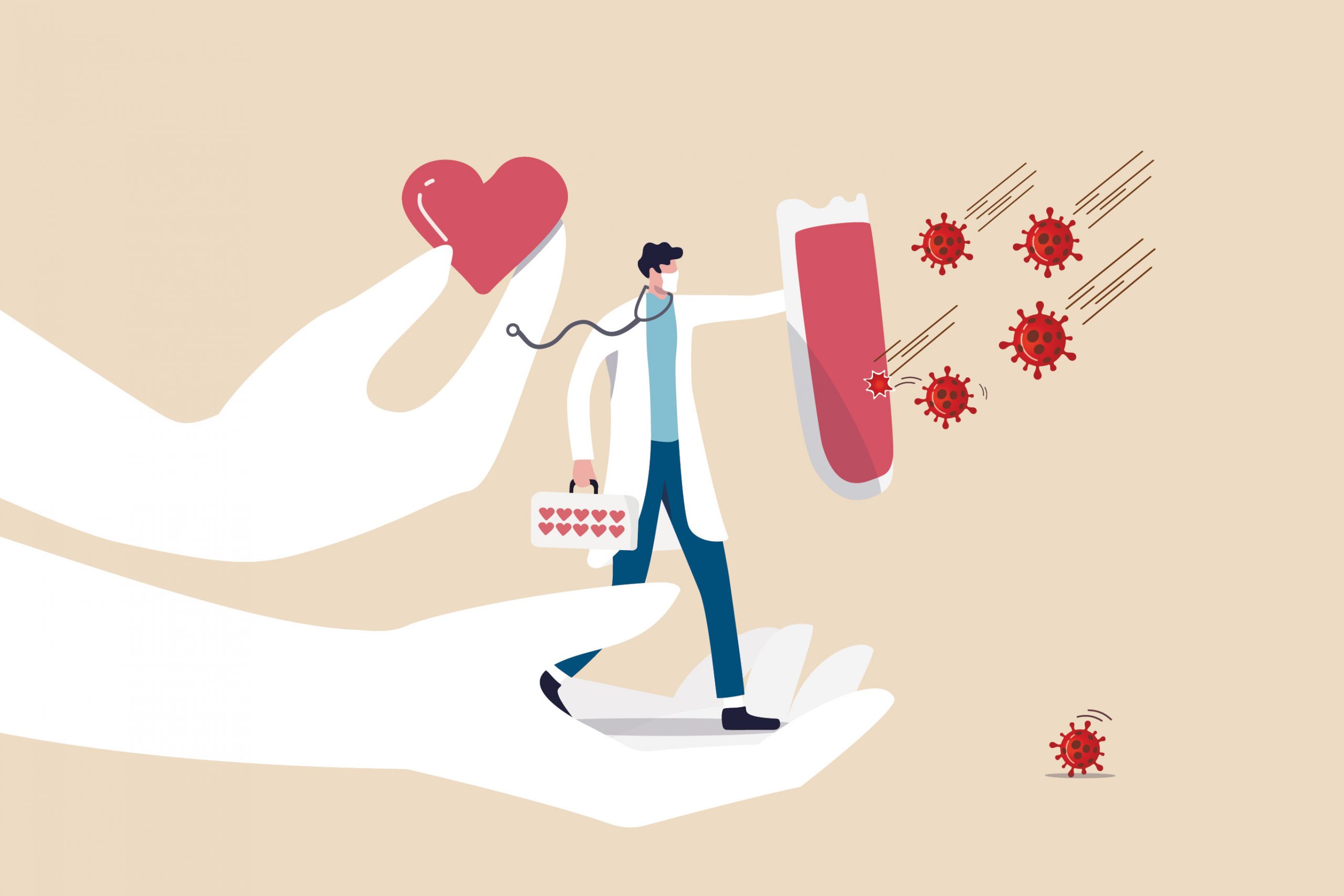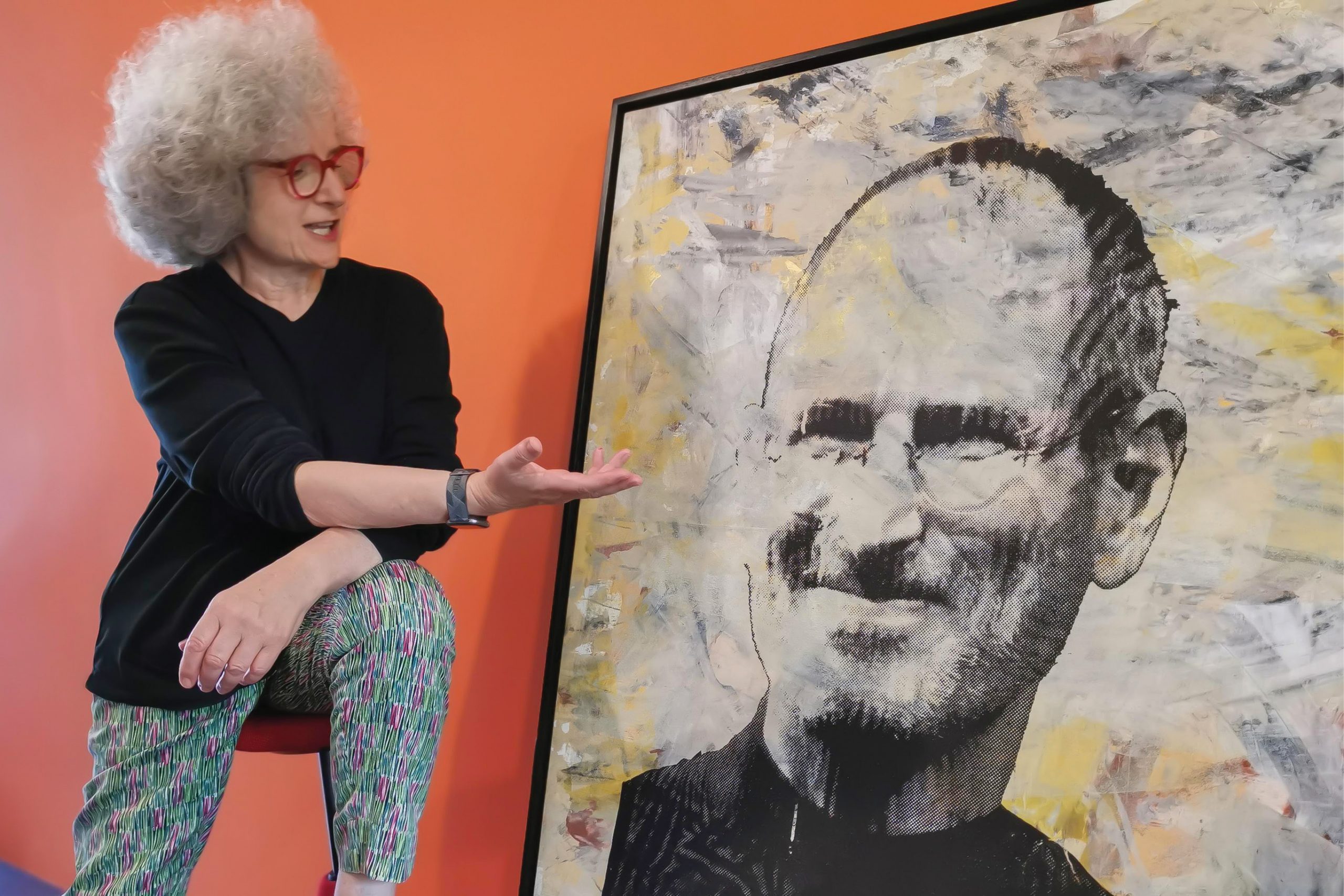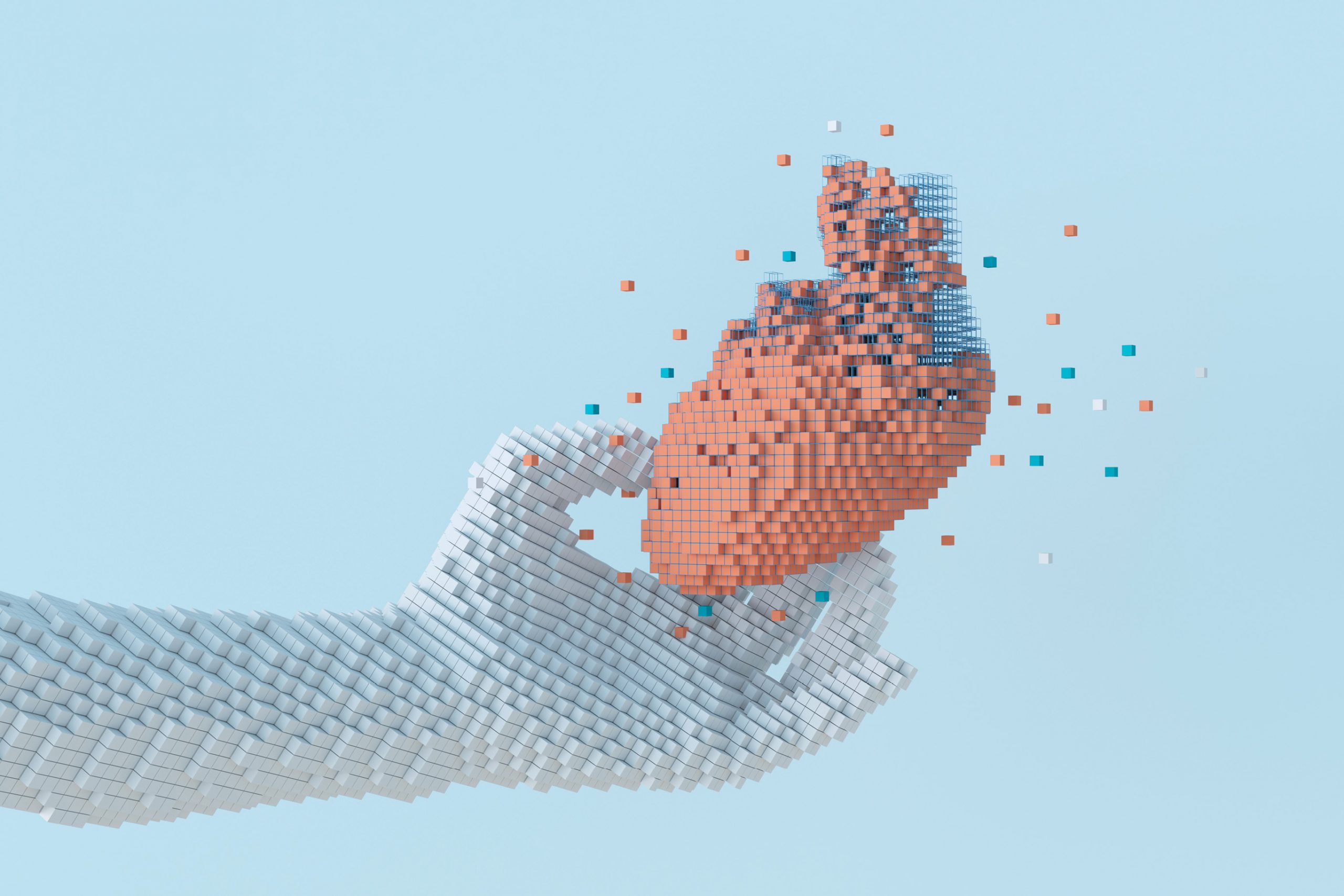
Issue 39 / August 2021
Ethically Speaking
Compassion – An Ethical Imperative

The emotional and mental toll of COVID-19
During the course of last year, Singapore and Singaporeans have been perceived by many as a nation and a society that in an exemplary manner continues to engage and overcome the challenges brought on by the COVID-19 pandemic. In his 7 May memo, Professor Yeoh Khay Guan, Chief Executive of NUHS, stated: “We have grown stronger through every challenge that COVID-19 has thrown our way, and our duty to care has always prevailed. I have every confidence that we will rise to the occasion once again.” Our current distinct change in the local epidemiology of the disease has brought us, in the words of Minister Lawrence Wong, the Co-chair of the Multi-Ministry Taskforce, to “a knife-edge” situation. This precarious position is a reminder that the pandemic and its ramifications will be with us and continue to challenge us for some more time and in new ways.
As a medical school, we too have collectively kept our eyes on our mission and through humility, solidarity, diligence, resilience and perseverance prevailed and succeeded in delivering about another 300 doctors to society, inducted a similar number into the medical school and enabled another 900 to progress in their studies. Being in a constant state of having to do more and be better requires intense and prolonged devotion and demand on each of us as individuals. This is likely to have caused and continue to be causing subtle ill effects in any or all realms of life—physical, emotional, social, mental and spiritual.
300
doctors successfully
graduated from
NUS
300
students were
inducted into
NUS Medicine
900
doctors-to-be
remain on track
in their studies
Each day is one of heightened vigilance, with no time for others. One ends as the day ends, having accomplished much, tired but not happy and with a sense of relative isolation from other people. Any of these ill effects can easily push us into a mood of dissatisfaction and disappointment. When physical symptoms and emotional exhaustion are accompanied by a sense of alienation from work-related activities and reduced performance, burnout is probably present.
Media reports and academic publications confirm and provide details of these ill effects and their prevalence1. When we are persistently in such a state, the person slides into the physiological survival mode. In this mode, the reactionary thoughts, emotions and actions that prevail will tend to be ones that serve self-preservation. In the long term, remaining in such states of anxiety, dissatisfaction and disappointment can gradually dehumanise us because we lose emotional agility.
When physical symptoms and emotional exhaustion are accompanied by a sense of alienation from work-related activities and reduced performance, the person slides into the physiological survival mode. In this mode, the reactionary thoughts, emotions and actions that prevail will tend to be ones that serve self-preservation. In the long term, remaining in such states of anxiety, dissatisfaction and disappointment can gradually dehumanise us because we lose emotional agility.
The tendency is for us to adopt a mood of resignation and this may lead the individual to stop taking care of self and others because it is concluded that the person can’t make a difference. We then become numbed and subsequently indifferent to what is happening in and around us. One manifestation of this loss or blunting of emotional agility is the inability or difficulty to feel compassion for self and others. In this article, I aim to describe the critical role of compassion especially among healthcare professionals and the need for compassion to remain active in us so that we can continue to fulfil our professional responsibilities ethically.
Compassion and its role
Compassion is defined as the emotional response to another’s pain or suffering, involving an authentic desire to help. It differs from empathy which is the feeling and understanding of another’s pain or suffering. Empathy often precedes but may not always lead to compassionate action. Likewise, compassion differs from altruism, which is action to benefit another but not self. Altruism may or may not involve empathy or compassion.
Compassion, according to Darwin, protects the species and has an evolutionary origin. Hence it is not surprising that it is also part of the different world religions and cultures. Medical interventions will in most instances, restore function but not necessarily health. Compassionate care is needed for the restoration of the health of the sick. When we are compassionate to those who come to us for succour, we enhance through well-established physiological mechanisms their recovery and healing. There is empirical evidence that compassion brings physiological and psychological benefits to the patient. It has also been shown to motivate patient self-care and promote healthcare quality.
The benefits of compassion go beyond the patient, cutting healthcare costs and generating revenue2. Compassion is thus a critical attribute required of all healthcare professionals because it has a strong ethical grounding. It contributes to beneficence, minimises harm and is respectful of the patient. With its ability to especially reduce costs, compassion may also be seen to be upholding the ethical principle of justice. That is why it is enshrined in our Ethical Code3: “…be dedicated to providing medical care that is competent, compassionate…”, and the Ethical Guidelines “….must provide competent, compassionate…. to your patients”. Hence it is vital that medical students and their teachers recognise this requirement and learn how to be compassionate in all circumstances.

Unfortunately, research indicates that compassion in healthcare professionals has generally been found to be falling to low levels4. How can we become more compassionate to ourselves? I believe it requires humility to look at self. Compassion for self, requires firstly the recognition of personal suffering, failing or sense of inadequacy, accepting the inevitability of these because as humans we are imperfect and cannot be at our best all the time, and then being kind, warm and understanding to ourselves. This acceptance is key to emotional equanimity.
There is empirical evidence that compassion brings physiological and psychological benefits to the patient. It has also been shown to motivate patient self-care and promote healthcare quality.
Secondly, we need to see our experience not in isolation but as part of the shared human experience—”It’s not me alone who is suffering”. Finally, in a non-judgemental and receptive state, we must set aside time to engage our non-suppressed or exaggerated feelings and thoughts. This can be facilitated by relating personal experiences to those of others and thereby obtaining a wider perspective5. This balanced or mindful approach to our situation will result in responses opened, shaped and calibrated by ambition, rather than being limited by resignation.
There is a myth that compassion is difficult to provide in real life, because it is time consuming. A study has shown that just 40 minutes is sufficient for an informed and trained healthcare professional to become compassionate to a patient6. This is because that’s all the time that is required to prepare ourselves to be able to listen and feel for the suffering, empathise by acknowledging it and validating the impact and then to declare sincerely, our compassionate response to journey with and support the other. For the medical teacher and the student, the same applies. In our present times, both teacher and student may be hurting and suffering in various ways. As stewards we have a collective and an individual responsibility to compassionately care for each other as we address our academic responsibilities.
In conclusion, a deeper understanding of the attribute of compassion has been introduced. The critical need for its prominence in the life of the teacher and the student is suggested and a practical framework for its development and internalisation is offered.
-
Benjamin YQ Tan, Abhiram Kanneganti, Lucas JH Lim, et al. Burnout and associated factors. JAMA, 2020;21:1751-1758.
-
Stephen Trzeciak and Anthony Mazzarelli. Compassionomics – The revolutionary scientific evidence that caring makes a difference. Studer Group Publishing, Florida, 2019.
-
Singapore Medical Council Ethical Code and Guidelines, 2016.
-
Neumann M, Friedrich E, Diethard T, et al. Empathy decline and its reasons: A systematic review of studies with medical students and residents. Academic Medicine 2011; 86:996-1009.
-
Neff KD, Dahm KA. Self-Compassion: What it is, what it does, and how it relates to mindfulness. In: M. Robinson, B Meier & B. Ostafin (Eds.), Mindfulness and Self-Regulation. New York: Springer, 2014.
-
Fogarty LA, Curbow BA, Wingard JR, McDonnel K, Somerfield MR. Can 40 seconds of compassion reduce patient anxiety? Journal of Clinical Oncology, 1999;17:371-9. doi: 10.1200/JCO.1999.17.1.371.




